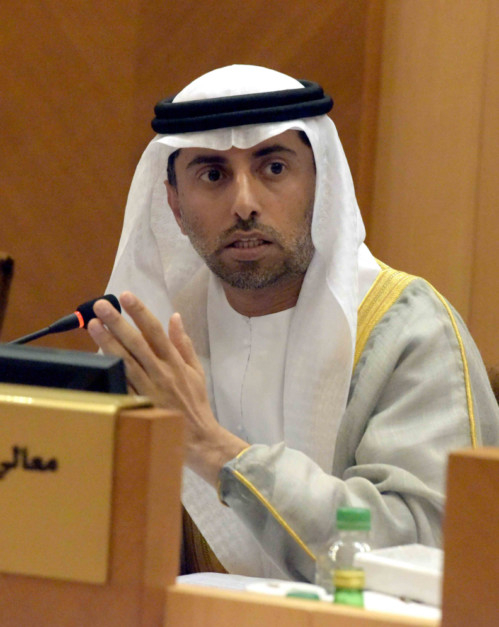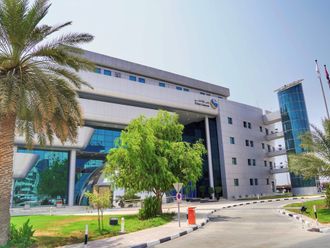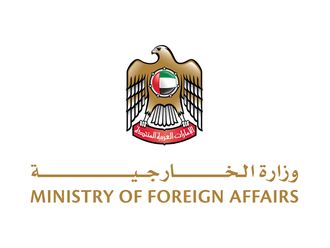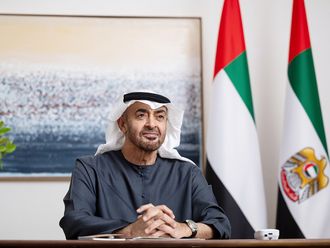
Abu Dhabi: As the UAE is one of the world’s most water-stressed country, the country is harnessing the ultimate technology to find a sustainable, low-cost, and energy-efficient way to remove salinity from water, making it suitable for drinking and agriculture, a minister told the Federal National Council on Tuesday.
Suhail Mohammad Faraj Al Mazroui, Minister of Energy and Industry, told members that a new federal law is under consideration to regulate installation of solar panels on roofs of citizens’ homes and link them to the national grid as part of the UAE’s strategy of environment-friendly energy mix.
Citizens consume 44 per cent of the UAE’s water consumption, which entailed drawing up plans to make 100 per cent of these homes green and sustainable in the near future, he said.
“At present, some 37 per cent of the houses of citizens are environmentally friendly,” said the minister, who also chairs the Federal Electricity and Water Authority (Fewa).
The minister was speaking at the FNC during a debate on the policy of Fewa.
Al Mazroui said the UAE is using, on a trial basis, salt-tolerant algae — also known as halophytic algae — as a natural and sustainable method to decrease salinity in seawater.
“Once proved cost-effective, this cutting-edge technology will make the UAE the first country in the world to use salt-tolerant algae to desalinate water,” the minister said.
Some species of salt-tolerant algae can absorb up to 50 times more salt than the concentration of salt in the water they inhabit, making them a natural way to desalinate water for potable use. In addition, the growing algae can be used to mitigate carbon dioxide from point source emissions.
Once the algae has been used for desalination, it can then be harvested and used as a raw material for biofuel production to reduce the use of fossil fuels.
Al Mazroui said while complete desalination can’t be achieved with algae alone, this method can serve as a pre-treatment to other desalination technologies, reducing the energy footprint and financial costs of desalination while making the process more sustainable.
He said the UAE Energy Plan 2050 aims to cut carbon dioxide emissions by 70 per cent, increase clean energy use by 50 per cent and improve energy efficiency by 40 per cent by the middle of the century.
“The strategy’s targets for the source of energy for local consumption by 2050 have been set at 44 per cent from renewable energy, 38 per cent from gas, 12 per cent from clean fossil and six per cent from nuclear energy. At the moment, more than 90 per cent of UAE’s energy needs are met by natural gas.”
Ensuring the sustainability of energy resources means ensuring the sustainability of the country’s growth, the minister said.
The integration of renewable, nuclear and clean fossil energy will be funded with an investment of Dh600 billion over the next 33 years, equating to an annual spend of more than Dh17 billion.
Al Mazroui said desalination is vital in providing the UAE with supplies of potable water. “But the process itself is pouring more and more brine back into the sea, raising the question of whether the technology will one day cease to be economically feasible.”
Al Mazroui said Fewa planned to build a 100-200MW solar power plant in one of the emirates once a plot of land is allotted.












